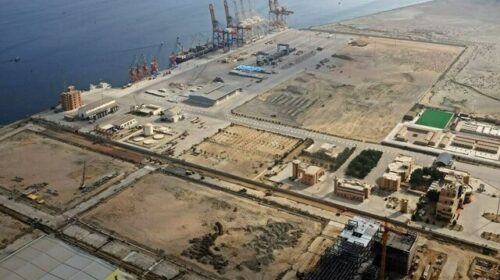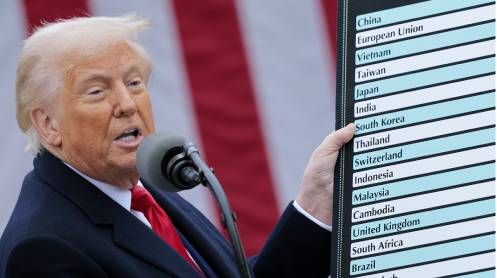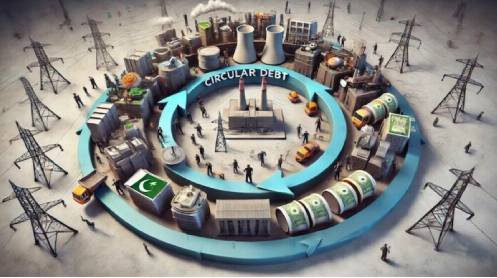Advisor for Commerce and Investment Abdul Razak Dawood on Wednesday termed the signing of the Framework Agreement on Industrial Cooperation between Pakistan and China “a breakthrough” for the multi-billion-dollar China-Pakistan Economic Corridor (CPEC), which has entered into its second phase. Pakistan and China on Friday inked the Framework Agreement on Industrial Cooperation under the CPEC following Prime Minister Imran Khan’s arrival in Beijing.
The agreement was signed between Chairman Board of Investment (BoI) Mohammad Azfar Ahsan and Chairman National Development & Reform Commission (NRDC) He Lifeng.
“Signing of Framework Agreement on Industrial Cooperation between Pakistan and China is a breakthrough for CPEC Phase II and a significant outcome of PM Imran Khan’s visit to China,” said Dawood in a tweet post.
The advisor added that the agreement will augment the process of B2B [Business to Business] collaboration and matchmaking. “[It would] pave the way for industrial relocation from China and export-led growth with numerous direct/indirect benefits to the economy,” he said.
“I congratulate BOI for this landmark achievement,” said Dawood.
The CPEC Joint Working Group (JWG) on Industrial Cooperation was established in 2016 and an MoU was signed between the parties in 2018. With the passage of time and as the CPEC entered its second phase, the need for a comprehensive Framework Agreement became imperative.
CCoCPEC to fine-tune PM’s China agenda
Both sides reached a consensus on the elevation of the MoU into a Framework Agreement in 2020.
The agreement reaffirms prioritised development and operations of the nine CPEC SEZs, with primary focus on the early completion of Rashakai SEZ in KP, Allama Iqbal Industrial City in Punjab, Dhabeji SEZ in Sindh, and Bostan SEZ in Balochistan.
For colonisation of these SEZs, the business-to-business matchmaking mechanism of Pakistani and Chinese enterprises has also been emphasised, which will proliferate the people-to-people and institution-to-institution linkages.





